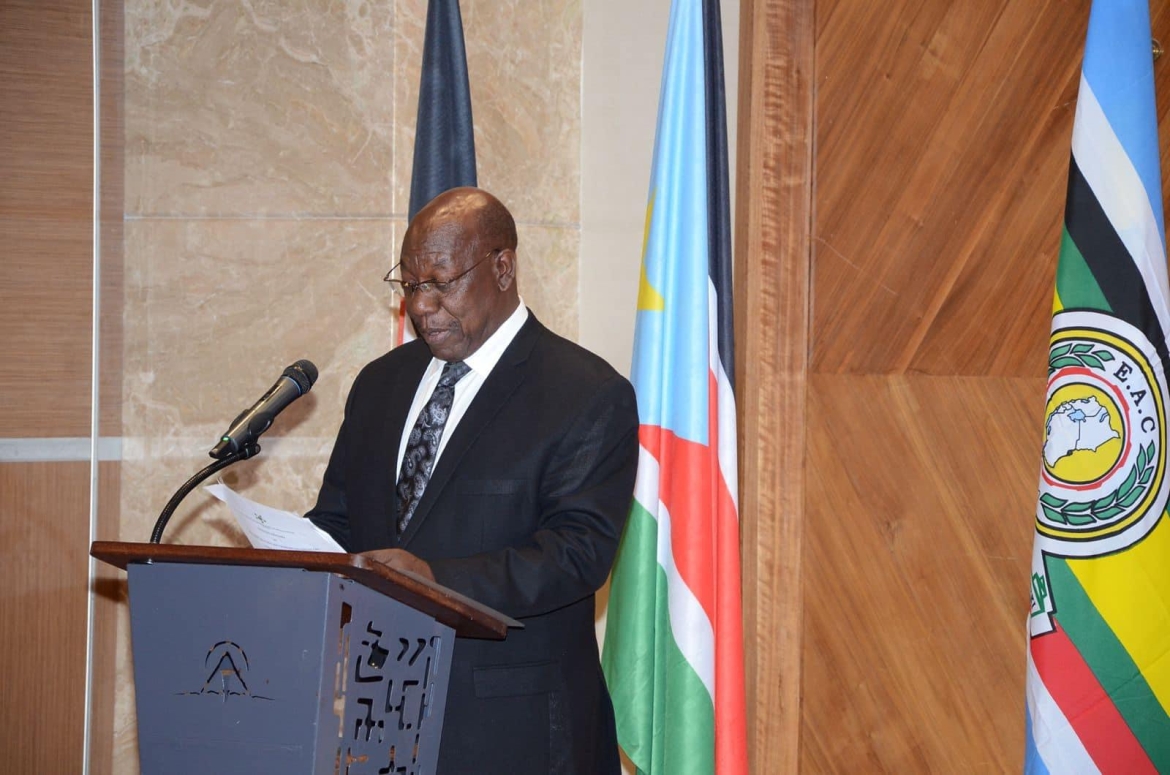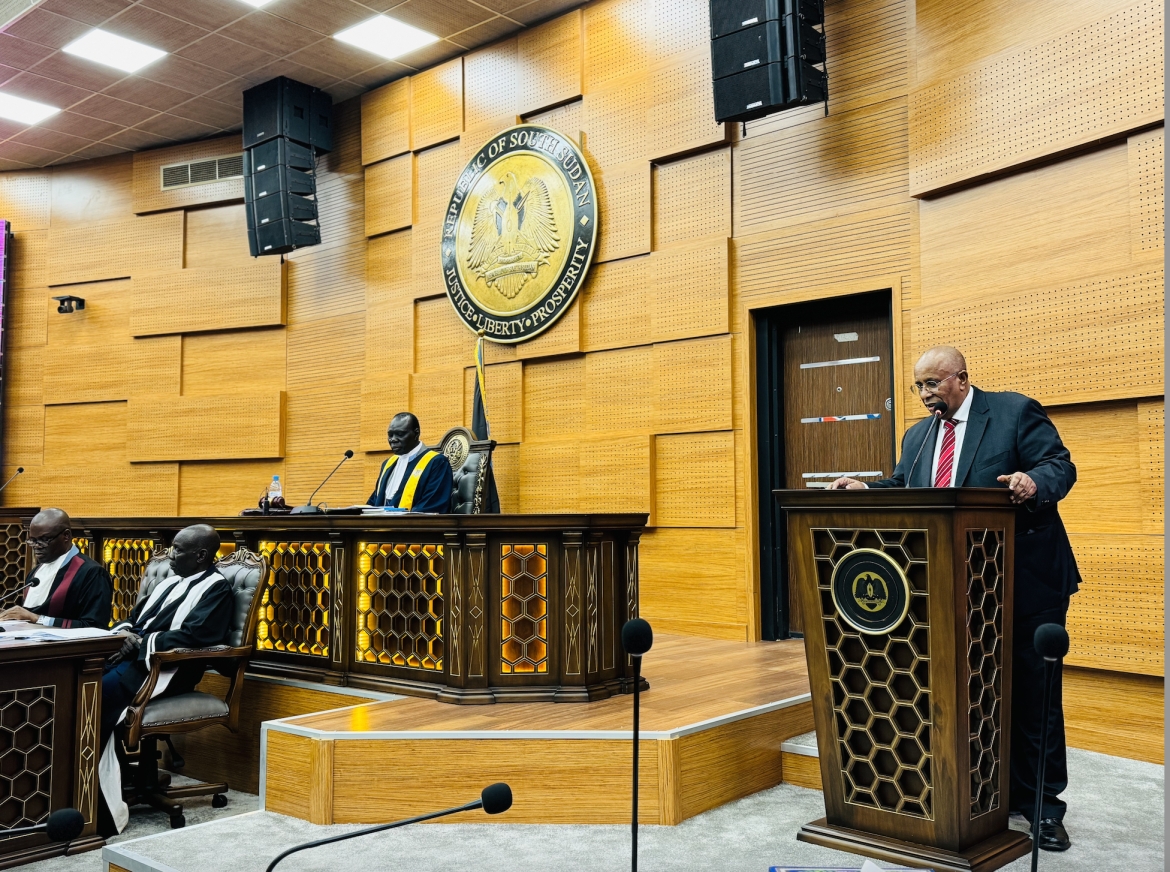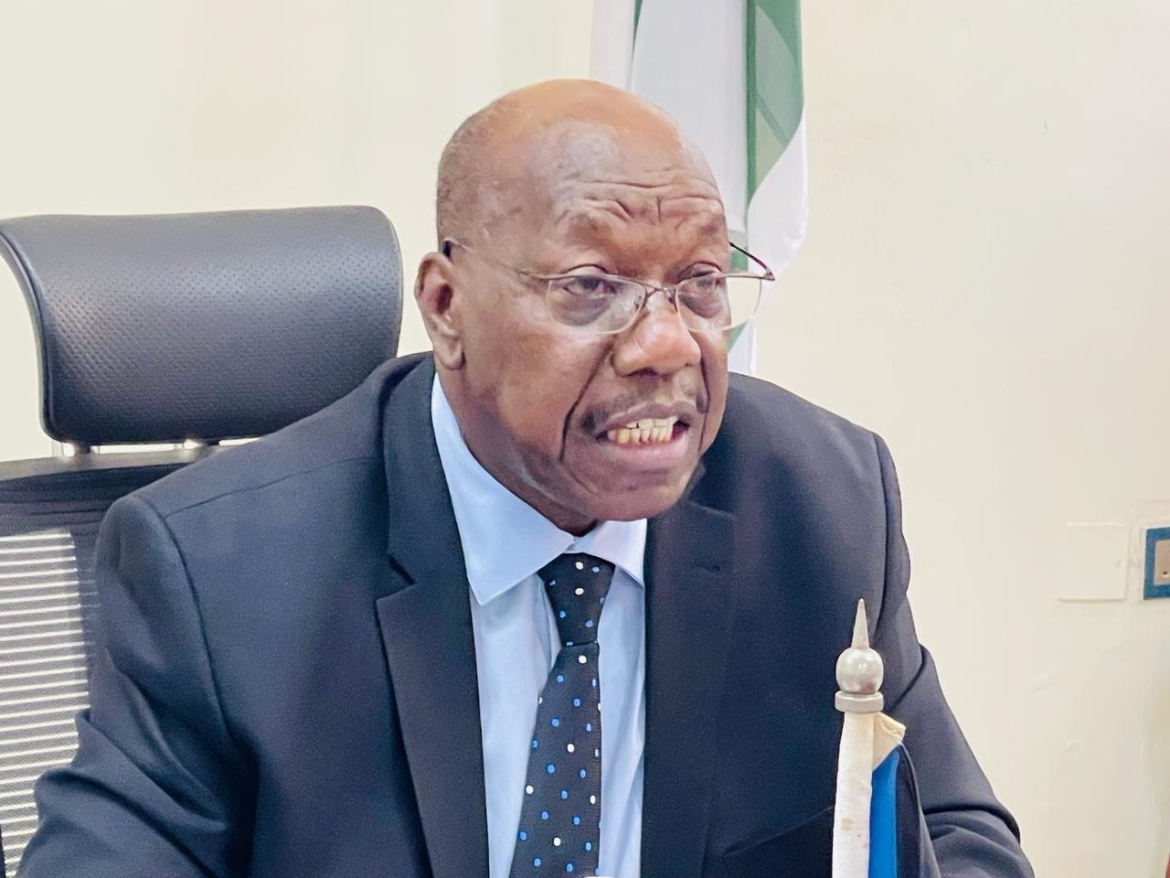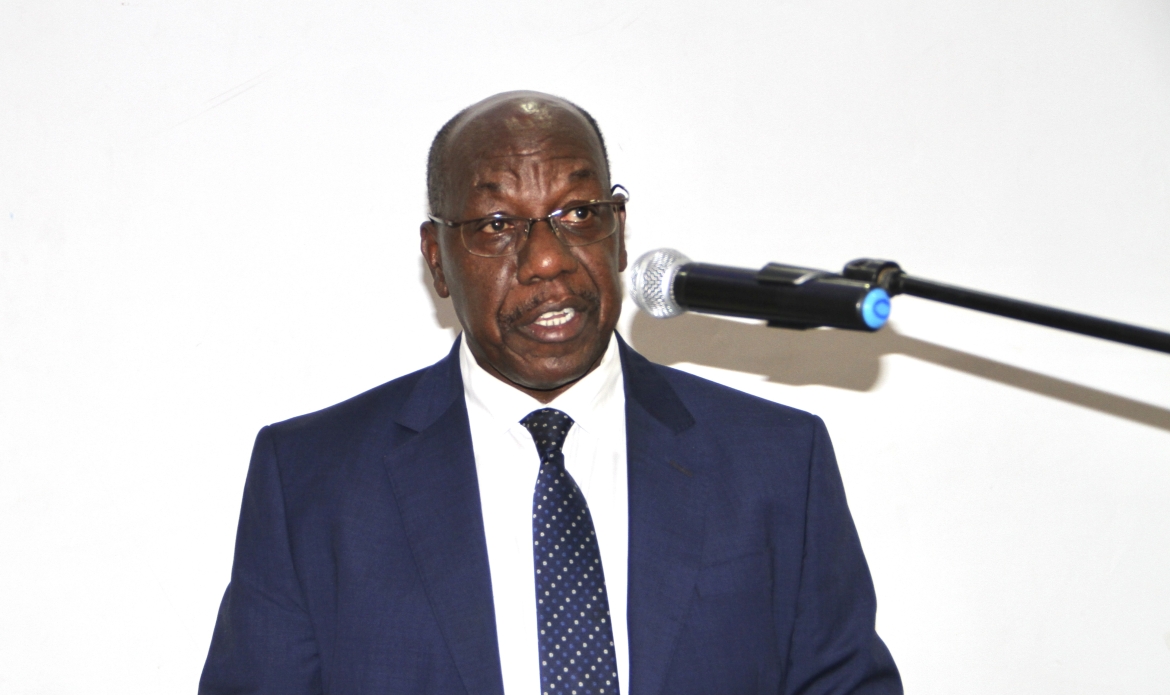Push for your representation through media, RJMEC tells S. Sudan female journalists
The Reconstituted Joint Monitoring and Evaluation Commission (RJMEC) in collaboration with the Female Journalists Network and the Association of Media Women in South Sudan have on Wednesday July 10, 2019 convened a two-day workshop for female journalists.
The workshop was aimed at sensitizing women media practitioners on their role in promoting women representation and participation in the dissemination and implementation of the Revitalised Peace Agreement on the Resolution of the Conflict in South Sudan (R-ARCSS) and further push for the implementation of the 35% affirmative action through the media.
Speaking during the opening of the workshop in Juba, RJMEC Chief of Staff Ambassador Berhanu Kebede said: “As South Sudan continues in its path for peace, it is now time for all the women in the country, to unite and together push for their representation, participation and inclusion in the various levels of government, and in the decision making processes to ensure that not only are their voices heard, but also to ensure their contribution in the search for sustainable peace and development.”
He added that the participation of women is needed to not only address the injustices but also to recognize the huge role they play in the transformation of society. The workshop, themed “Empowering female journalists to play a role in creating awareness of women representation and participation in the peace process through their reporting”brought together 40 female media practitioners in South Sudan.
Further, the Chief of Staff noted the importance of the media in campaigns against gender-based violence, shaping perceptions and opinions of communities as well as policy makers.
“Media can contribute positively to the implementation of the Peace Agreement by informing the law review and criminal justice reform processes that are contemplated, especially as regards the rights of women, children and vulnerable populations such as IDP’s and refugees,” he said.





